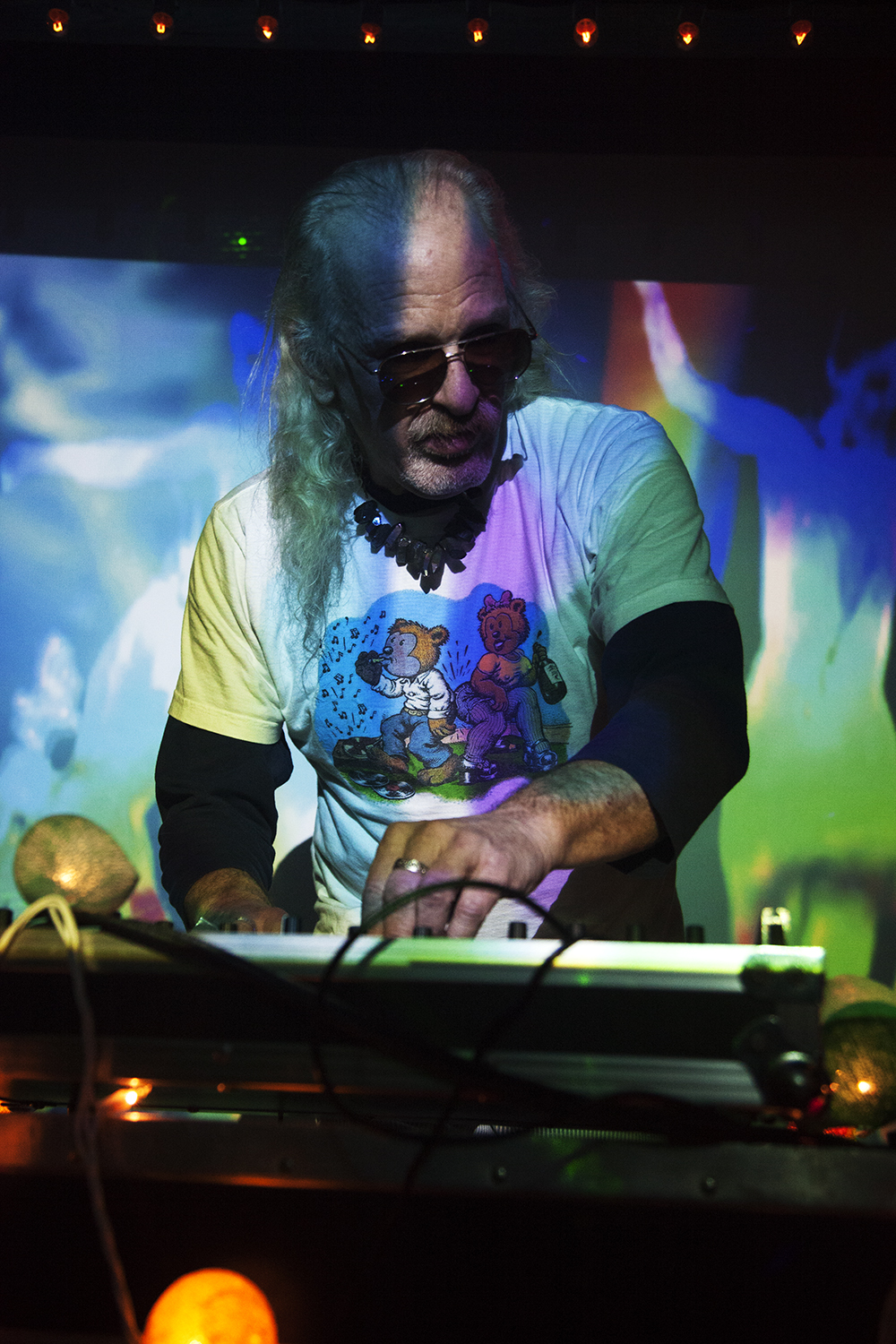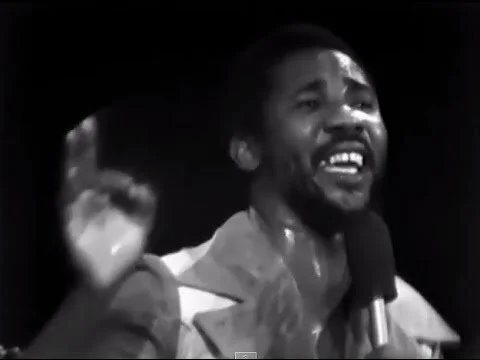While most of the headlines and attention go to Djs who are on the club/party/festival circuit, everyday literally 100s of Djs are working in bars and small clubs in the New York area. It is very difficult to find any written information about this type of Djing. Here are some of my observations based on 2 decades djing in these type of venues.
Venues
There are many bars and small clubs in the NYC area, which typically can host anywhere from 20 to 200 people. While often these venues have Djs only on the weekend, a significant number of them offer Djs during the entire week. Normally these venues are looking for versatile, Djs who can provide an interesting mix in keeping with the venues theme, that will keep people in the venue and hopefully attract new customers.
Equipment at these types of venues can range from literally a consumer style amplifier with a mini plug input to a full blown Serato/Traktor/CDJ/turntable/mixer setup and you may be Djing at the end of the bar or in an actual DJ booth. Sound quality can range from excellent to abysmal. Consequently make sure you familiarize yourself completely with the venue sound system and insure you have the necessary equipment to connect and spin. I.E. your own needles, time code records/CD, Serato box, cables and so on.
Compensation and venue expectations
While some venues will pay you a guaranteed fee, the vast majority will give you a percentage of the total bar ring ( cash and credit) for the night. This is usually 10 to 15 percent. Typically the pay out is cash with no written contract, but increasingly even small venues are moving to checks and an independent contractor agreement ( called a 1099 ).
In the majority of situations the venue is expecting you to bring people into the bar and keep them happy throughout the night. Many venues have specific genres they want you to play ( or in some cases not play) and may be looking for vinyl only or digital only Djs. Make sure you fully understand the venues expectations prior to agreeing to DJ there. Normally you will be given a specific weekly ( i.e. every Tuesday) or monthly ( i.e. first Tuesday of each month) residency.
While some venues may have sophisticated promotion techniques including social media, often the expectation is that the DJ and/or bartenders will be responsible for promoting your night.
While weekends are usually the best nights in terms of people, many Djs have been successful promoting weekdays also. For example , I had a very successful run of 5 years at Macri Park on a Tuesday night.
How to get a residency
Network, network, network. Go out to bars/small clubs, go on different nights, when you find a venue you think might work talk to the manager, owner, bartender, make sure you have a professional business card, and a link or flash drive where they can hear some of your mixes and get a feeling for your background as a DJ, a professional looking web site helps immeasurably. Reach out to your fellow Djs and see which places are looking for new talent. Its not easy, there is a lot of competition for these spots but it is possible.
Djing in bars and small clubs can be a great way to earn some cash ( I made around 8,000 in 2014 with two weekly and one monthly residencies) and really develop your skills as a DJ. Its challenging having to be ready to move outside your comfort zone, possibly spinning genres you aren't fully familiar with and doing so on less than optimal equipment but its a great way to become a solid, professional DJ and to promote yourself.




















